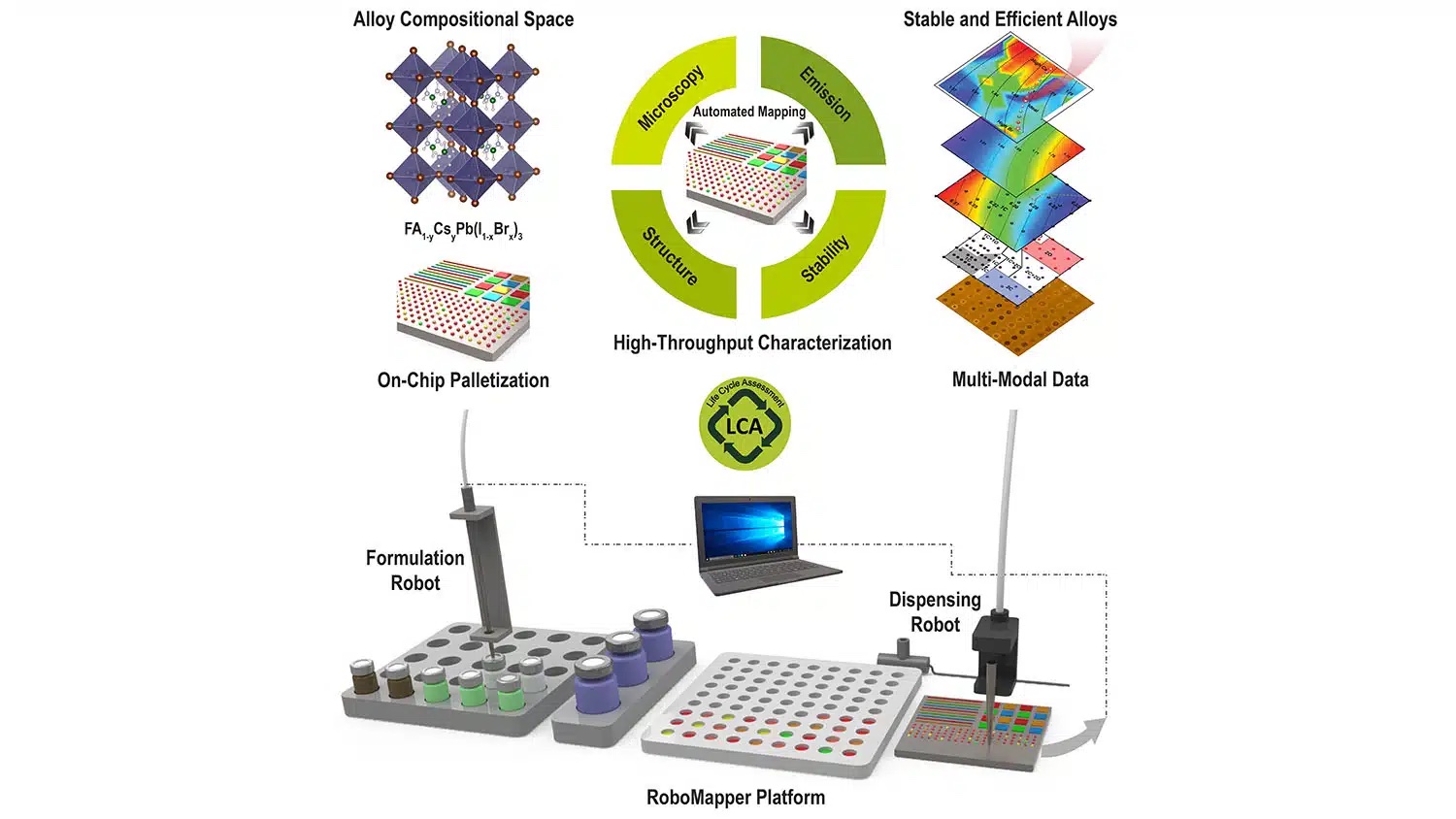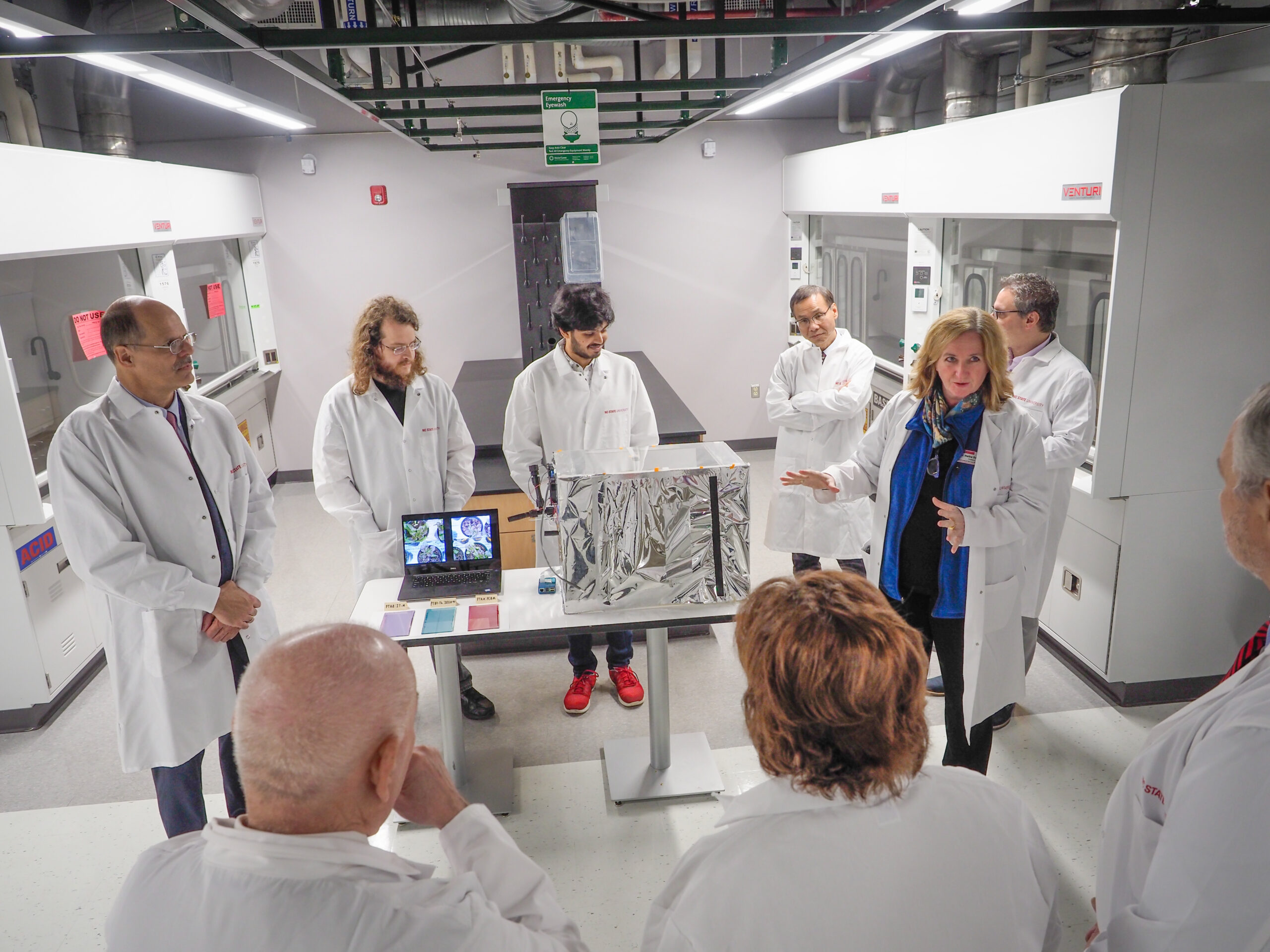The Ultimate Performance Of Organic Solar Cells Critically Depend on Molecular Packing
The performance of organic solar cells has seen a drastic increase in recent years due to the discovery of non-fullerene (NFA) electron acceptors, which enabled achieving power conversion efficiencies exceeding 18%. Such developments are necessary to commercialize organic photovoltaic devices. It is now clear that processing of the blend materials is quite critical in achieving desired device properties. Ade group has recently discussed the critical effect of the molecular packing characteristics of the state-of-the-art polymer D18 on its miscibility with various NFAs. It was found that the D18 polymer exhibits a strong chain extension in neat and blend films, which is beneficial to the collection of photo-generated charges to electrodes. According to their paper published in Advanced Materials, the authors discuss that the final D18/NFA blend morphology needs to undergo a solvent annealing protocol to achieve an optimum structure that allows for efficient generation and collection of charges.
- Categories:


